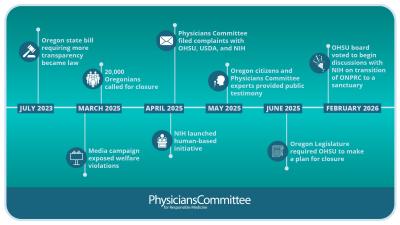Brain-Computer Interface Turns Mental Handwriting Into Text

Study in a Sentence: Using an implanted sensor to record the brain signals associated with handwriting, scientists have developed a brain-computer interface (BCI) designed to restore the ability to communicate in real-time in people with spinal cord injuries and neurological disorders such as amyotrophic lateral sclerosis (ALS).
Healthy for Humans: Locked-in syndrome, commonly caused by a spinal cord injury, stroke, or last-stage ALS, is the paralysis of voluntary muscles, which impairs or prevents communication. By implanting two small sensors on a patient’s brain, researchers were able to decipher the brain activity associated with trying to write letters by hand. A machine-learning algorithm was used to identify letters as the patient attempted to write them, then the system displayed the text on a screen.
Redefining Research: Other BCIs for restoring communication exist; however, they have shown to be imprecise and have several limitations. In this study, the participant was able to think about motions involved in writing letters and words by hand, which was found to be faster, more accurate, and easier to use than previous BCIs. Researchers hope this technology may one day help restore the ability to communicate in patients with locked-in syndrome.







